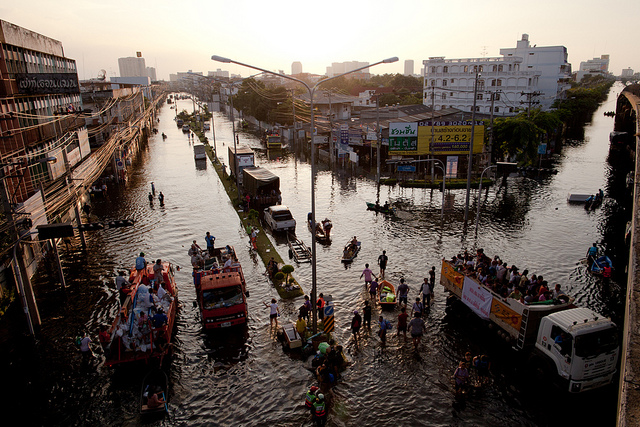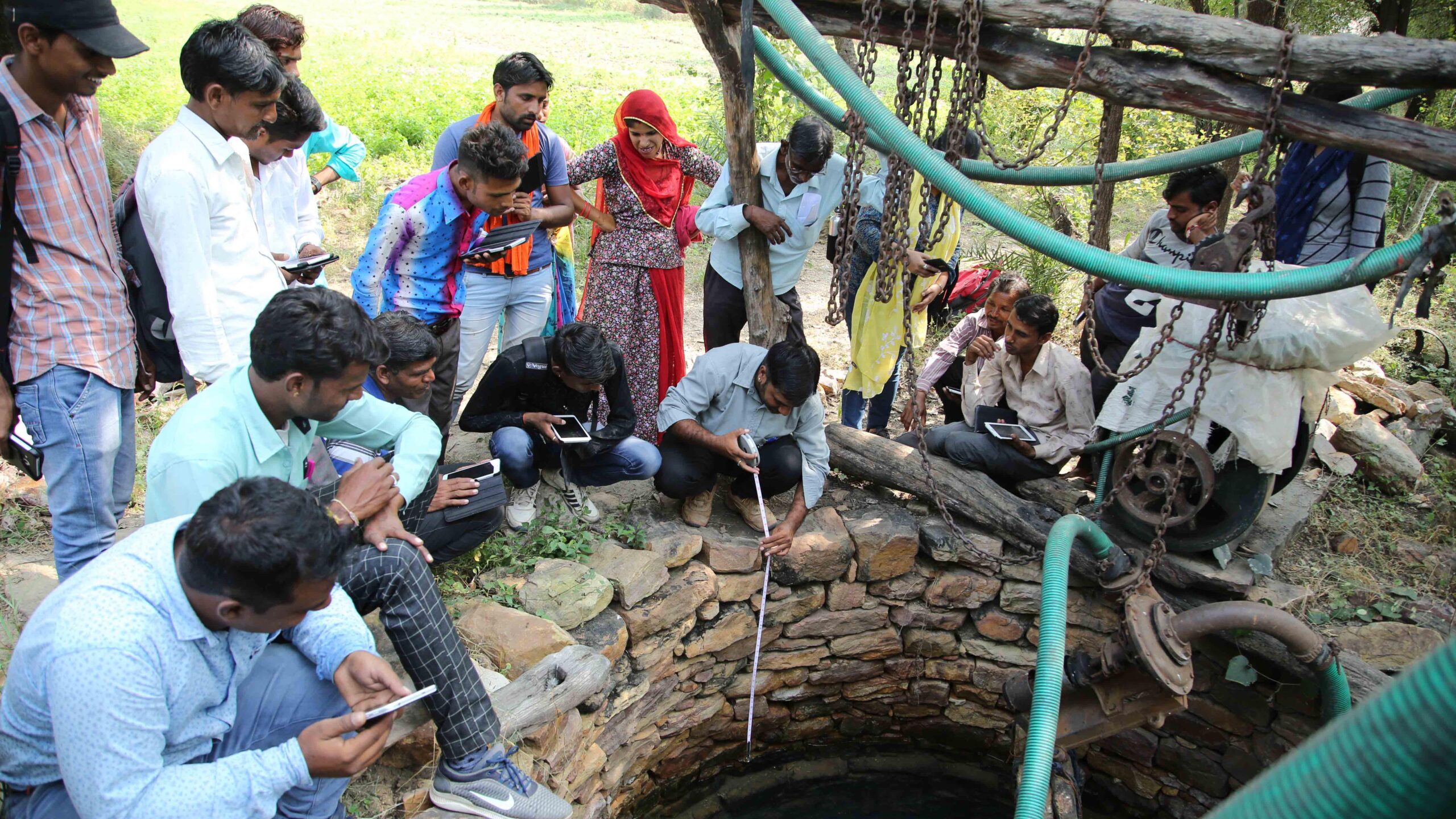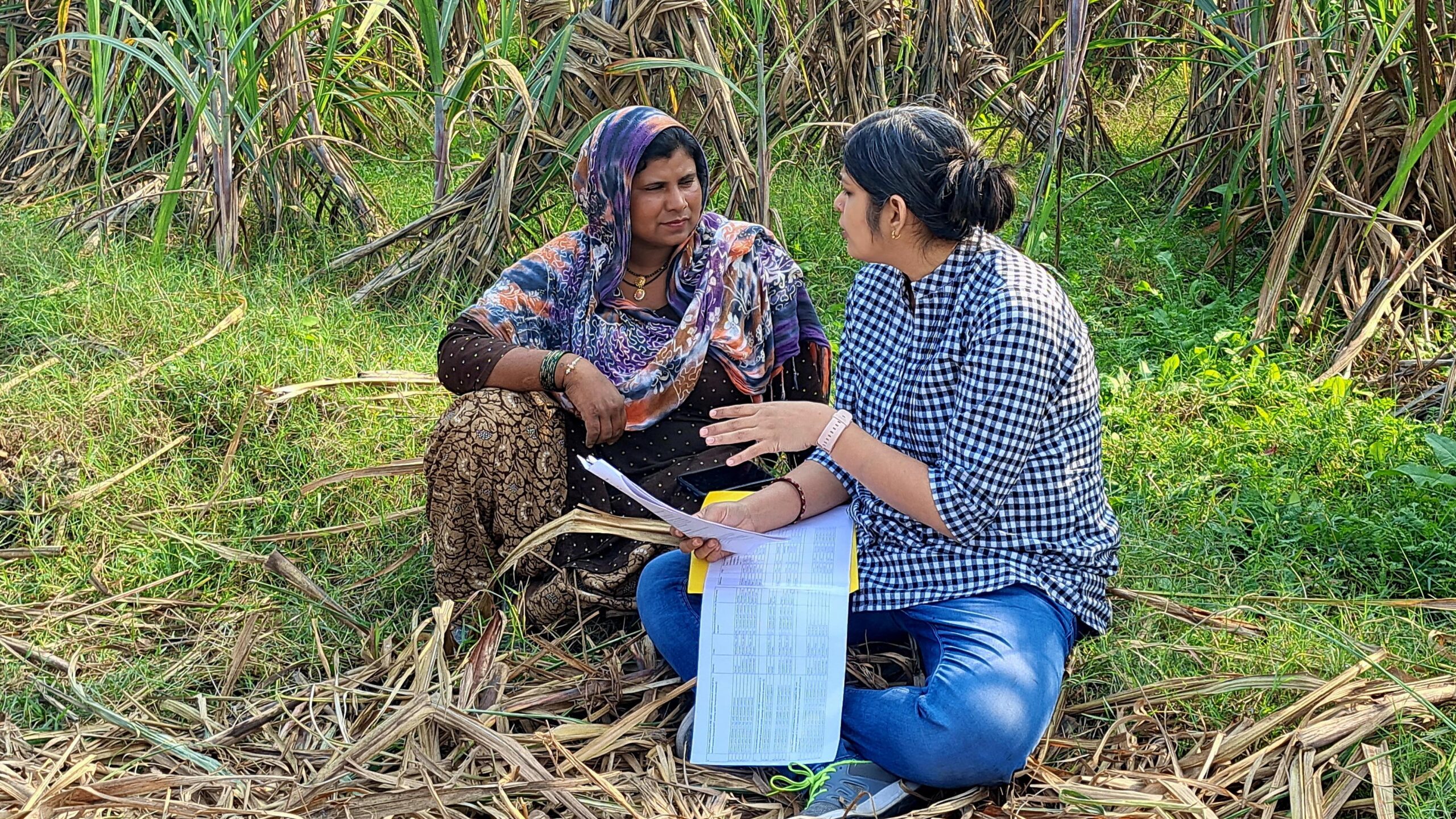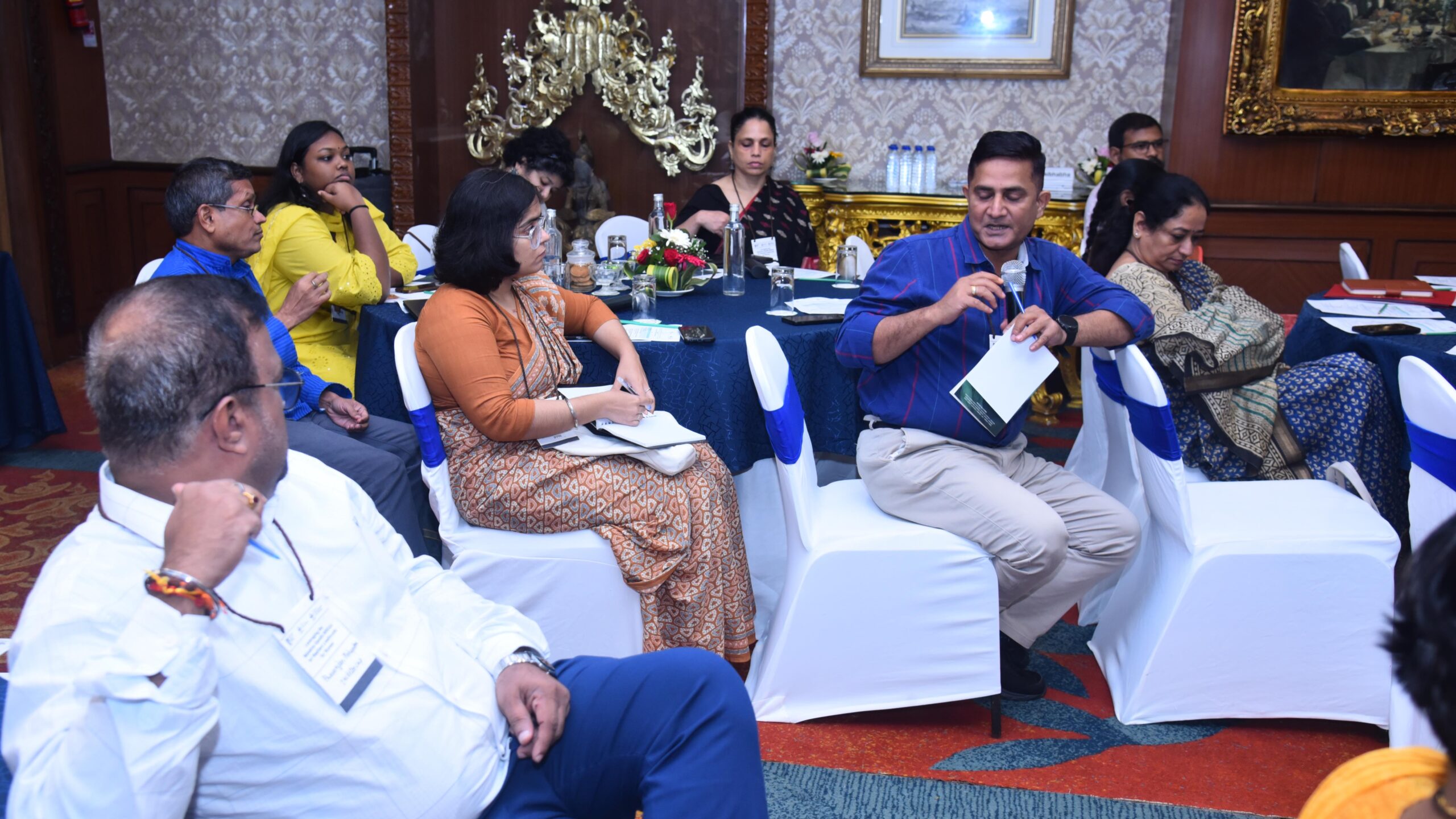By Nathanial Matthews and Claudia Ringler
Shared risks across the water, food and energy sectors are seldom recognized. If our land or house gets flooded, we might be aware that our neighbor’s house will most likely also be flooded, but would we think of impacts for energy production or farmlands further away?
Take, for example, the Thai floods of 2011: The Chao Praya River basin houses 21 million people, the capital city of Bangkok, and thousands of industries and businesses. Although many of the stakeholders in the basin likely were not, and still are not, aware, they do share significant risks, especially related to floods—risks that go well beyond local government and urban and rural boundaries.
But because these shared risks had not been identified, dams and grey infrastructure were prioritized, while green storage options, such as wetlands and other areas of water retention and infiltration, were reduced. The result, in 2011, was a major flood with dramatic consequences: Economic damages and losses amounted to $45.7 billion and affected 13.6 million people.
But is there a way to realize and acknowledge shared risks, allowing us to develop solutions before disaster strikes?
Interconnected SDGs necessitate cooperation across sectors
The Sustainable Development Goals (SDGs), adopted in 2015, provide a framework for identifying shared risks. The development objectives represented in the SDGs are interconnected, and only when policy makers and other implementers ensure that these objectives are jointly managed can progress be made.
For example, ending hunger and achieving food security may compete with an agenda to mitigate climate change through biofuel production because both endeavors might be competing for the same land and water resources. Goals along the water-energy-food nexus are especially ripe with interdependencies, trade-offs and shared risks.
The cooperation needed to manage such risks requires a holistic approach that examines development from a multi-stakeholder perspective. However, a holistic approach is often difficult to coordinate, and therefore there is a critical need to rethink how sectors cooperate across water, energy and food. This is especially true because of the hyper-connected nature of our planet and the increasingly unstable climate. A transformation toward integrated and holistic approaches to development is essential for true environmental and social sustainability, both in the short and long term.
Don’t wait for a crisis
In a recent paper, we, along with our co-authors, suggest that shared risks might serve as an entry point for encouraging the kind of cross-sectoral cooperation that is gravely needed.
We point out that incentives for cooperation are stronger “when risk cannot be managed or mitigated by one sector or perspective alone,” or, in other words, when shared risks exist. But to leverage shared risks for cooperation, we first need to assess how individual food, energy or water security policies create social and environmental risks that can manifest farther afield or ahead in the future.
How could this have been implemented in the case of Thailand? First, stakeholders from all sectors would have needed to look beyond their immediate boundaries to identify shared risks related to basic securities, such as water, energy and food.
Cooperation between the stakeholders might have led to a shared understanding of the flooding risk, beyond that of individual actors in select water-related agencies. Once these risks had been identified, mechanisms for addressing them could have been put in place. For example, multi-sectoral stakeholder platforms could have served to identify and manage localized, flexible floodwater storage solutions, such as on-farm ponds.
Researchers can support this kind of process with modeling tools, scenario analyses and through facilitated dialogue. Importantly, such analyses and dialogues must cover multiple scales. Putting in place a framework for negotiating how to share the costs of cross-cutting risks is also important, both to minimize the risk before an adverse event and to better shoulder the risk after an adverse event has occurred.
The search for win-win solutions is unrealistic
Many continue to search for “win-win solutions” to development challenges, but they are unlikely to work in practice. All solutions will have trade-offs, that is, winners and losers. Instead, cross-sectoral solutions that mitigate shared risks could be a key pathway to truly sustainable development.
One example is a new solar power buy-back scheme in India. Here, a local electricity company is now buying back surplus power from farmers who use solar-powered pumps for irrigation, in efforts to prevent overuse. The rationale is that the buy-back scheme gives farmers an economic incentive to only pump the water they need, thus helping to conserve groundwater and energy use.
Such a solution could not have been developed without first identifying the risks that stakeholders in water, food and energy sectors share, then addressing them from a holistic perspective.
The question is whether it will always take a crisis, such as the Thai flood, to prompt cooperation across the water, food and energy sectors or whether scientists can help shine the spotlight on shared risks and thus light up the road toward sustainable development.
Nathanial Matthews is Program Coordinator of the Global Resilience Partnership. Claudia Ringler is Deputy Division Director of IFPRI’s Environment and Production Technology Division. This post first appeared on the CGIAR Program on Water, Land, and Ecosystems Thrive Blog.







